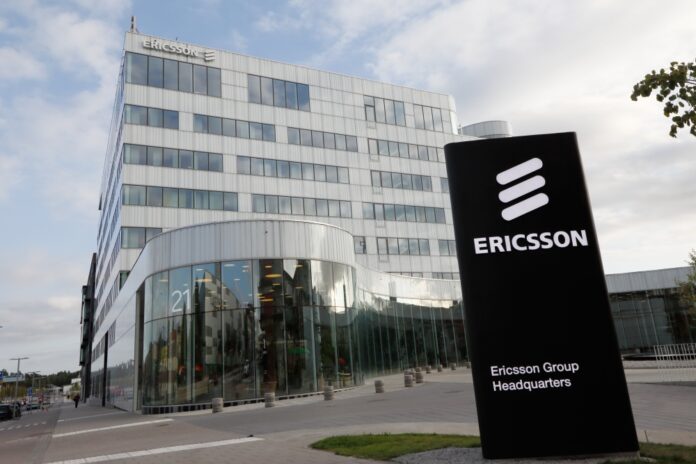The vendor adds detail to the statements it made in January about 5G market conditions
Ericsson announced it intends to cut around 1200 jobs in its home market Sweden as the challenging market conditions, particularly in North America, pervade in 2024. The vendor said it was already seeing “further volume contraction as customers remain cautious.” In January Ericsson warned it expected further declines in 5G gear demand from mobile operators this year including in its key growth market of India.
After a few years of high demand for 5G equipment, buying by telecom providers slowed last year, prompting firms such as Ericsson and Nokia to lay off thousands of employees to save costs. Ericsson already said it was looking at further cost cuts this year and that would potentially include layoffs, chief financial officer Carl Mellander told CNBC.
Analysts Dell’Oro, recently forecast worldwide RAN revenues to decline at a 1 per cent CAGR over the next five years. Market conditions are expected to remain challenging in 2024 as the Indian RAN market pulls back, though the pace of the global decline this year and for the remainder of the forecast period should be more moderate. New growth areas like private 5G and FWA are too small to change the overall trajectory, they said.
To deal with this, Ericsson said it will implement other cost saving initiatives covering various areas such as “reduction of consultants, streamlining of processes, and reduced facilities.” Initiatives to increase operational efficiency will continue during 2024 but will not be announced separately.
The vendor did argue it will keep focusing on achieving a higher growth trajectory to reach its long-term margin targets, particularly in mobile but increasingly in enterprise as well. However, at its annual analyst and press briefing ahead of MWC, Ericsson’s speaker backtracked after suggesting that enterprise revenues could be three times those from consumers by 2030.
Differentiated connectivity backed by SLAs, slicing, the combination of hardware and software and the perhaps most of all, the critical importance of APIs were the recurring themes at the briefing but the vendor did concede that service orchestration, or lack of it, has hampered market development.
APIs are also going to be a difficult market to maintain margins for either operators or the vendors, particularly as this market plays into the companies carrying all of the workload i.e. the hyperscalers. Ericsson did announce it is to develop a global platform to expose network APIs to developers with Amazon Web Services (AWS) but the overall market direction for APIs remains unclear.
The company had almost 100,000 employees at the end of last year, according to its annual report.


